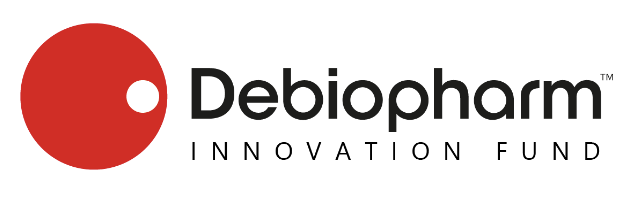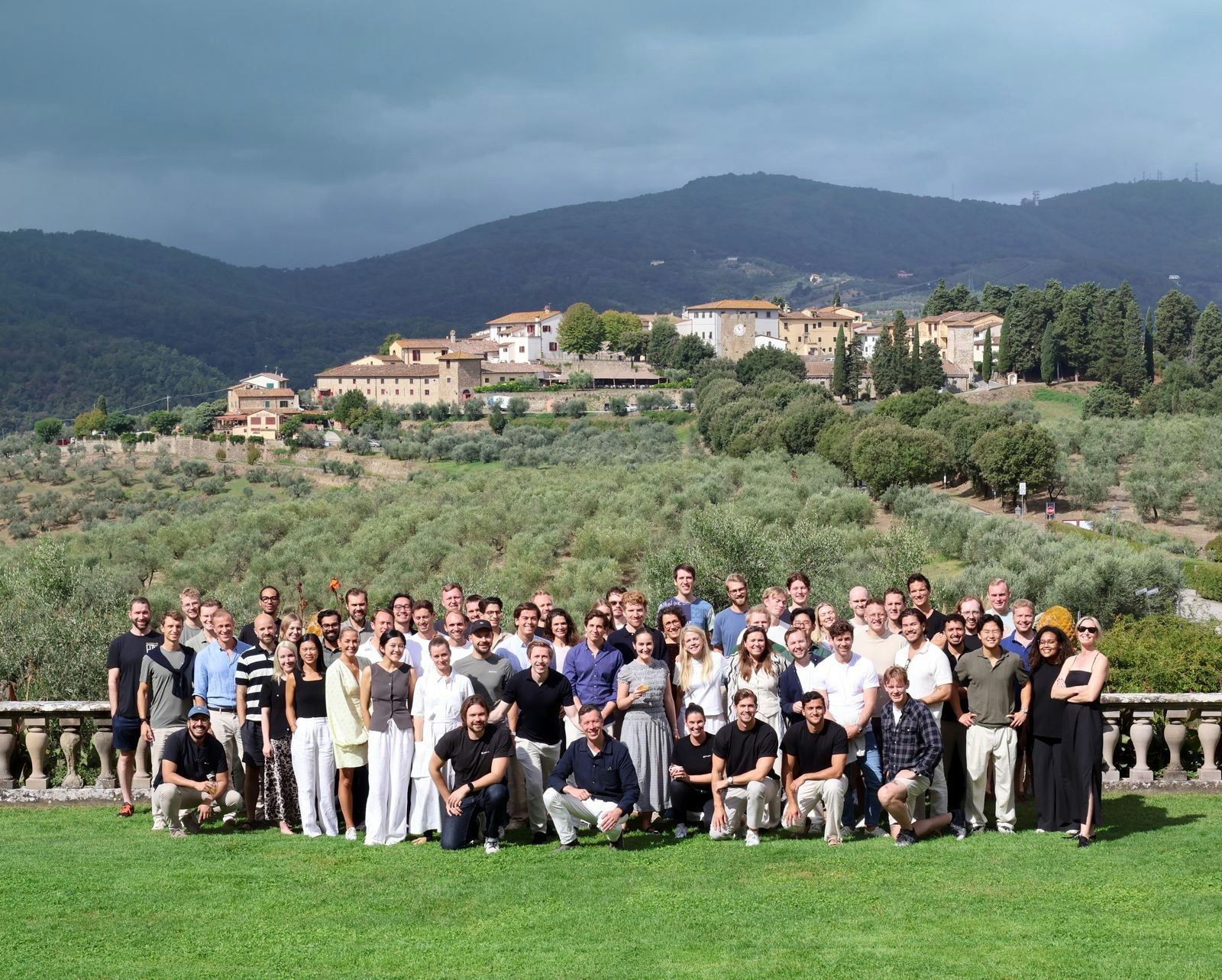Clinical trials for cancer therapies are notoriously difficult. According to one study, 97% fail. Scientists are still unclear why only a subset of patients respond to treatments.
But perhaps AI could help.
The industry is now turning to AI to find novel biomarkers which could reveal the underlying causes of vastly different treatment responses across patient populations.
“Biomarker discovery is about truly understanding the biology and mechanism of action of your drug,” says Carolina Haefliger, head of translational medicine at Swiss pharmaceutical company Debiopharm.
Genialis and Nucleai, two startup investments from the company’s venture capital arm, Debiopharm Innovation Fund, promise to transform oncology drug development, as part of the fund’s wider portfolio of clinically-focused AI companies.
We spoke to the startups — and their investors — to find out what they are working on and how these strategic investments helped catalyse transformative collaboration with Debiopharm
Focusing on a specific problem
Genialis, based in Boston and Ljubljana, is a precision oncology startup focused on transforming drug development through “biology-first”, machine learning-based predictive biomarkers.
“We build machine learning models whose purpose is to help match cancer patients with the right drug for their disease, and we match novel investigational drugs not yet approved to the patients for whom it will have maximum benefit,” says Rafael Rosengarten, Genialis’s CEO and cofounder.
An example of Genialis’s biomarker models is krasID, which can predict and monitor — with more than 80% accuracy — a patient's response to the inhibition of KRAS, a gene whose mutations are known to cause up to 20% of all cancers.
There is a nimbleness, an agility that is found in the world of startups that makes them more focused on one target or technology.
Genialis began building software that could aggregate RNA sequencing data and organise it in a way that makes machine learning effective. It raised a $13m Series A in 2023, co-led by Debiopharm, and is building out its platform for the clinical development realm.
Like other startups in this space, it's successful where bigger pharma companies seem to fail.
“We are hyper-focused on fixing a specific problem. We are not encumbered by all the vagaries and the distractions and priorities that larger corporations have to deal with,” says Rosengarten.
Marc Cikes, managing director of Debiopharm Innovation Fund, agrees this is where startups can shine.
“There is a nimbleness, an agility that is found in the world of startups that makes them more focussed on one target or technology, and they can develop it with much more flexibility than a big pharmaceutical company,” he says.
A dynamic disease
As a complex, dynamic disease that constantly evolves to evade the immune system and treatments, cancer is one area where AI-powered drug development could help scientists gain an advantage.
“We must be able to handle very large datasets when identifying biomarkers, this was very difficult before we had these AI tools available, but now we can look at the data to get deeper insights into the biology of tumours and cancer,” says Cikes.
Haefliger adds that combining huge external datasets such as The Cancer Genome Atlas programme (TCGA) with internal datasets could help AI models to get the insights needed to understand cancer.
For example, it took almost 40 years for drugs targeting mutated KRAS to be approved by the FDA, but using the power of biomarkers and AI, Genialis plans to have a platform that is able to build an accurate predictive biomarker for every citizen, for every cancer drug target, to make this process quicker.
Biomarker discovery requires understanding both the biology of a system and the mechanism of a drug developed to treat it. The poor understanding of human disease processes previously hampered biomarker development.
“[Genialis’s] approach begins with biology, and it is very different from other companies. We thought it would be useful to solve the questions we have about biomarkers and DNA damage response agents,” says Haefliger. “They may provide an answer that would normally take a lot of resources and time when you need to move a drug through the development path.”
Probing complex spatial relationships
Nucleai is creating AI-driven spatial biomarkers, and uses AI to create a map of cells in biopsy tissue samples that can provide all-important information for a personalised treatment approach.
We couldn’t find these relationships using traditional methods, so we started working with Nucleai who had the right tools.
“We have developed an AI-driven spatial biology solution that maps cells in biopsies and correlates these maps with other layers of information,” says Avi Veidman, Nucleai’s CEO and cofounder. “In an era where new oncological drugs target specific proteins, Nucleai's solution identifies which patients will respond to these drugs and which are suitable for clinical trials of newly developed treatments.”
Digitised tissue samples can unlock information about more than just one cell.
“Our platform maps the neighbourhood of cells, providing more context and insight into the interplay of cells. This allows pharmaceutical companies to increase the probability of success in clinical trials and enables oncologists to treat patients with the most effective drugs,” says Veidman.
The novelty of its platform attracted Debiopharm, based on a suspicion that targeted therapies may not be successful due to the placement of receptor targets and their relationship to other cells around them.
“We couldn’t find these relationships using traditional methods, so we started working with Nucleai who had the right tools,” says Anna Pokorska-Bocci, principal scientist in personalised medicine at Debiopharm. “We could use molecular information from clinical trial participants and patient response to the drug to feed the Nucleai platform. This analysis allowed us to uncover potential spatial biomarkers that could help predict which patient population could respond to the treatment and which population would not.”
Bridging startups and pharma
Debiopharm Innovation Fund is providing a unique bridge between biotech startups and industry.
[Debiopharm Innovation Fund] are really smart about this technology space adjacent to drug development.
The fund understands the challenges facing large pharmaceutical companies and their R&D constraints and blind spots. Equally, it can shepherd startups through the long and uncertain road from a promising technology to solutions that can be adopted and absorbed by the industry.
“They are really smart about this technology space adjacent to drug development, and they invest in companies that make drug development smarter, faster, cheaper, better, more successful,” says Rosengarten. “They let us look behind the curtain and ask probing questions, allowing us to tailor our solutions to really solve the problem.”
Veidmann agrees, adding that Debiopharm Innovation Fund offers more than just financial backing.
“They provide knowledge, an understanding of pharma, scientific knowledge and expertise,” he says. “They are bringing to the table good connections and the network they have in this domain.”




